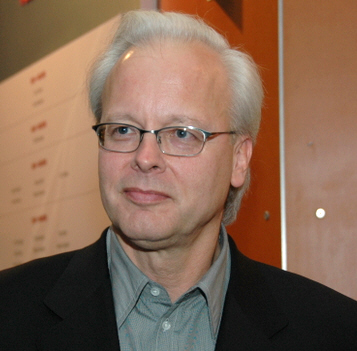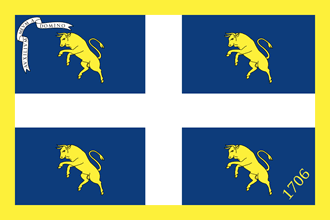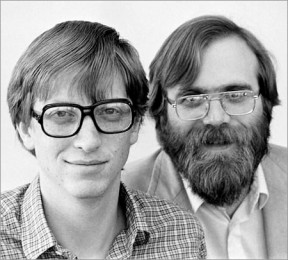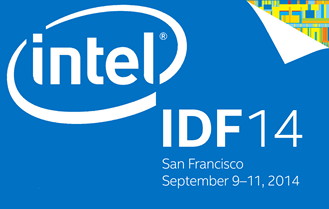 Lotus 1-2-3 officially ended its existence yesterday as IBM’s previously announced execution date passed with barely any attention from the tech press.
Lotus 1-2-3 officially ended its existence yesterday as IBM’s previously announced execution date passed with barely any attention from the tech press.
Big Blue only stopped selling Lotus 1-2-3 last year after more than 30 years of stirling work.
Lotus 1-2-3 was a spreadsheet program developed by Lotus Software, which is now part of IBM. It managed to be the “killer application” which sold the PC to business. Its first victory was kicking the first spreadsheet, Visicalc out of the market. Lotus 1-2-3 was a three-in-one, integrated program which could handly spreadsheet calculations, database functionality, and graphical charts. It needed a dongle though.
The Lotus Development Corporation was founded by Mitch Kapor, a friend of the developers of VisiCalc. 1-2-3 was originally written by Jonathan Sachs, who had written two spreadsheet programs for Concentric Data Systems.
The fact it was written for IBM’s new PCs meant that it became the software test for the new range of PC clones that flooded the market. Because it needed large amounts of memory, 1‐2‐3 helped popularise greater RAM capacities in PCs and soon a huge 640k was required.
However its days were numbered as Microsoft had a spreadsheet called Excel. As its Windows operating environment grew in popularity so did Excel and a revamp of 1-2-3 for Windows failed to make much impact. Excel didn’t need a dongle. It had Steve Ballmer, instead.
Lotus 1-2-3’s demise was not helped by the fact that Microsoft punished IBM for its use of 1-2-3 by charging IBM higher prices, a late licence for Windows 95, and the withholding of technical and marketing support. IBM punished Microsoft by declaring OS/2 was a better window than Windows.
As a result, Big Blue wasn’t granted OEM rights for Windows 95 until 15 minutes prior to the release of Windows 95, August 24, 1995. IBM machines were sold without Windows 95, while Compaq, HP, and other companies sold machines with Windows 95 on the day of release.
Despite all that, Lotus 1-2-3 had an extremely long run with a large chunk of the world’s business carried out using it. It needed a dongle, though.

















